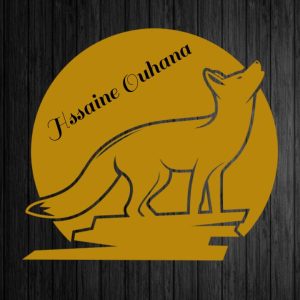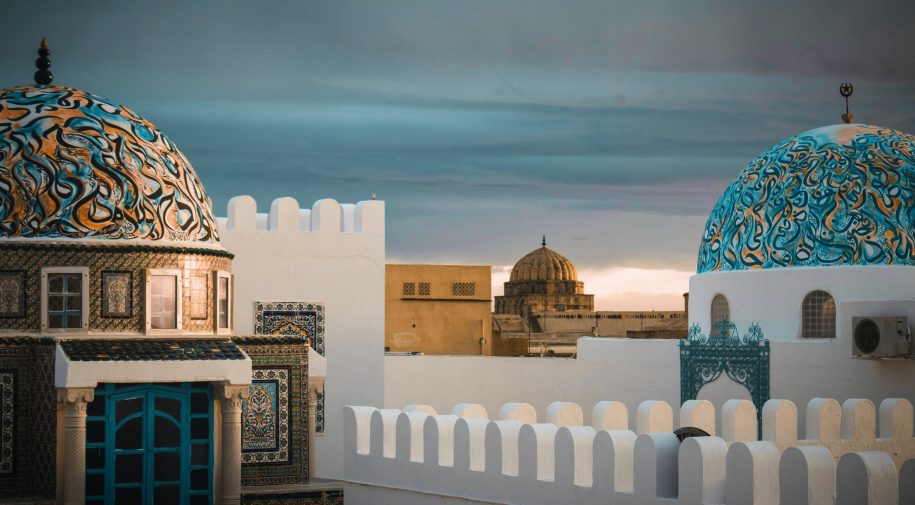Tunisia is a North African country with a rich cultural heritage and a diverse linguistic landscape. In this article, we will explore the languages spoken in Tunisia, with a focus on Tunisian Arabic, the country’s most widely spoken language.
Languages Spoken in Tunisia
Tunisia has a diverse linguistic landscape, with several languages spoken throughout the country. The official language is Modern Standard Arabic, which is used in government, media, and education. French is also widely spoken, especially in business and higher education. Many Tunisians also speak English, Italian, Spanish, and German.
Tunisian Arabic
Tunisian Arabic, also known as Tounsi or Derja, is a dialect of Arabic that is spoken by the majority of Tunisians. It is a North African Arabic dialect that has been heavily influenced by Berber languages, as well as French and Italian.
Tunisian Arabic has its own unique vocabulary, grammar, and pronunciation. For example, the Tunisian Arabic word for “hello” is “salam”, whereas in Modern Standard Arabic it is “Marhaba”. Similarly, the word for “bread” in Tunisian Arabic is “khubz”, whereas in Modern Standard Arabic it is “khubz”.
Tunisian Arabic is not a written language, but it is used extensively in everyday communication, including in the media and on social media. It is also used in literature, poetry, and music.
Berber Languages
Berber languages are a group of indigenous languages spoken in North Africa, including in Tunisia. They have been spoken in the region for thousands of years and have had a significant influence on Tunisian Arabic.
In Tunisia, the two most widely spoken Berber languages are Tamazight and Tachawit. Tamazight is spoken in the central and western parts of the country, while Tachawit is spoken in the south.
French
French is widely spoken in Tunisia, especially in business and higher education. It was introduced to the country during the French colonial period, which lasted from 1881 to 1956.
Today, French is used in government, media, and education, and many Tunisians speak it fluently. It is also used in literature, poetry, and music.
Conclusion
Tunisia is a country with a rich linguistic landscape, including Arabic, Berber languages, and French. Tunisian Arabic is the most widely spoken language, and it has its own unique vocabulary, grammar, and pronunciation. French is also widely spoken, especially in business and higher education. Tunisia’s linguistic diversity is a reflection of its rich cultural heritage and its history of contact with other cultures and languages.


Leave a Reply